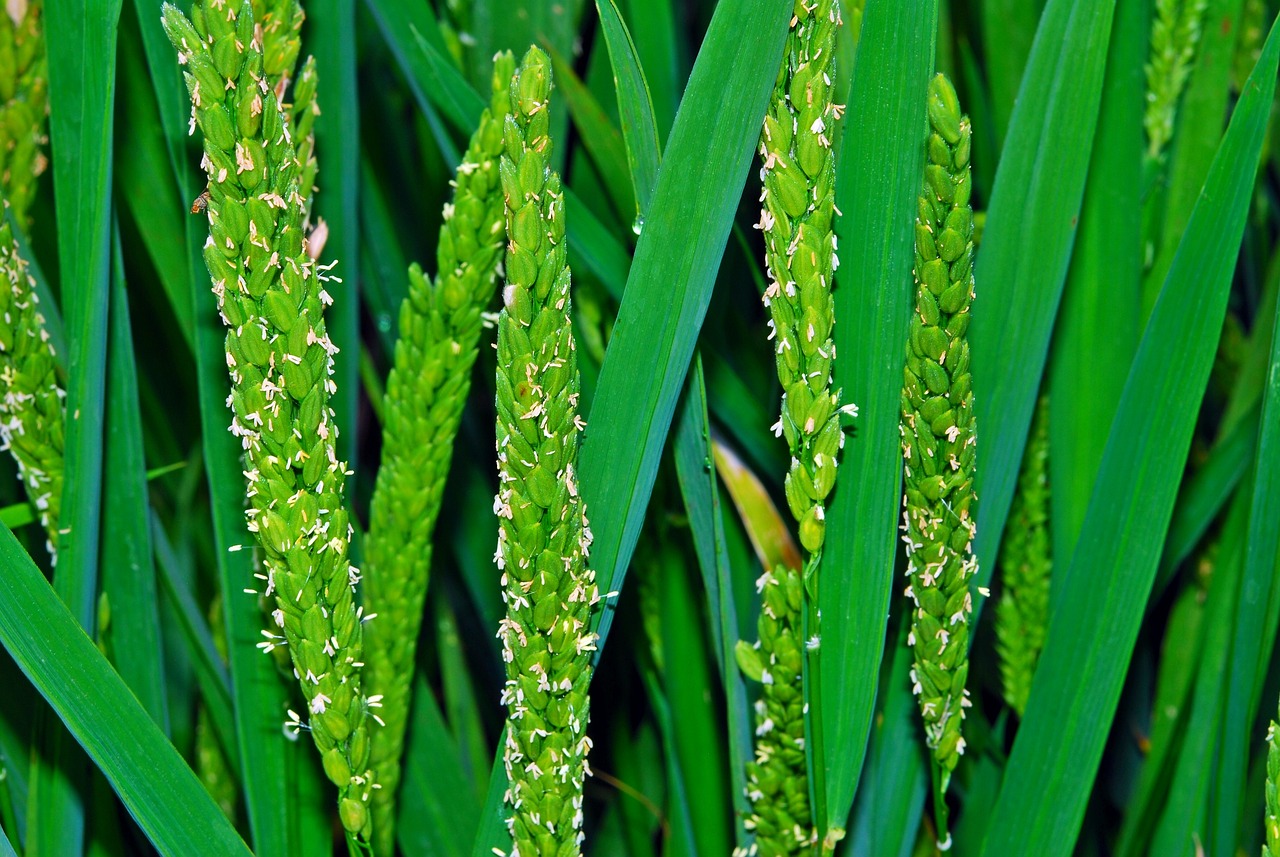Analyzing the Role of Food Safety Testing in Supporting Sustainable Fisheries
betbook 247 com, radhe exchange id, my laser 247 login: Analyzing the Role of Food Safety Testing in Supporting Sustainable Fisheries
Sustainable fisheries are essential for ensuring the long-term health of our oceans and the livelihoods of millions of people around the world. However, the issue of food safety in fisheries is often overlooked in discussions about sustainability. Food safety testing plays a crucial role in ensuring that seafood products are safe for consumption and are produced in a sustainable and responsible manner.
In this article, we will explore the importance of food safety testing in supporting sustainable fisheries and the role it plays in protecting both human health and the marine environment.
The Importance of Food Safety Testing in Fisheries
Food safety testing is a critical component of ensuring that seafood products are safe for consumption. It involves testing seafood products for contaminants such as bacteria, viruses, parasites, and chemical toxins that can pose a risk to human health. By detecting and preventing the presence of harmful contaminants in seafood products, food safety testing helps to protect consumers from foodborne illnesses and other health risks.
In addition to protecting human health, food safety testing also plays a crucial role in supporting sustainable fisheries. By ensuring that seafood products are safe for consumption, food safety testing helps to maintain consumer confidence in the seafood industry. This, in turn, can help to support the long-term sustainability of fisheries by ensuring that consumers continue to purchase seafood products from reputable sources.
Food safety testing also helps to promote responsible fishing practices by holding fisheries accountable for the quality and safety of their products. By implementing rigorous food safety testing protocols, fisheries can demonstrate their commitment to producing safe and sustainable seafood products. This can help to differentiate responsible fisheries from those that engage in illegal, unregulated, and unreported (IUU) fishing practices, ultimately promoting a more sustainable seafood industry.
The Role of Food Safety Testing in Sustainable Fisheries
Food safety testing plays a crucial role in supporting sustainable fisheries by:
1. Ensuring the safety of seafood products: Food safety testing helps to ensure that seafood products are free from harmful contaminants that can pose a risk to human health. By detecting and preventing the presence of contaminants, food safety testing helps to protect consumers and promote the consumption of safe and healthy seafood products.
2. Promoting responsible fishing practices: By implementing rigorous food safety testing protocols, fisheries can demonstrate their commitment to producing safe and sustainable seafood products. This can help to promote responsible fishing practices and hold fisheries accountable for the quality and safety of their products.
3. Supporting consumer confidence: Food safety testing helps to maintain consumer confidence in the seafood industry by ensuring that seafood products are safe for consumption. This can help to support the long-term sustainability of fisheries by encouraging consumers to purchase seafood products from reputable sources.
4. Enhancing market access: Fisheries that implement robust food safety testing protocols can gain access to new markets and improve their competitiveness in the global seafood industry. By demonstrating a commitment to producing safe and sustainable seafood products, fisheries can attract consumers who prioritize food safety and sustainability.
5. Protecting the marine environment: Food safety testing helps to protect the marine environment by preventing the release of harmful contaminants into the ocean. By detecting and preventing the presence of contaminants in seafood products, food safety testing helps to minimize the environmental impact of fisheries and promote sustainable fishing practices.
6. Ensuring compliance with regulations: Food safety testing is often required by regulatory authorities to ensure that seafood products meet safety standards. By conducting regular food safety testing, fisheries can ensure compliance with regulations and avoid potential fines and penalties for selling unsafe products.
By playing a crucial role in ensuring the safety of seafood products and promoting responsible fishing practices, food safety testing is an essential component of supporting sustainable fisheries. Fisheries that prioritize food safety testing can enhance consumer confidence, protect human health, and promote the long-term sustainability of our oceans.
FAQs:
1. What are the most common contaminants found in seafood products?
Some of the most common contaminants found in seafood products include bacteria, viruses, parasites, and chemical toxins. These contaminants can pose a risk to human health if consumed in contaminated seafood products.
2. How often should food safety testing be conducted in fisheries?
Food safety testing should be conducted regularly in fisheries to ensure that seafood products are safe for consumption. The frequency of testing may vary depending on the size and scale of the fishery, as well as the types of seafood products being produced.
3. How can consumers ensure that the seafood products they purchase are safe?
Consumers can ensure that the seafood products they purchase are safe by buying from reputable sources that prioritize food safety testing and sustainability. Consumers can also look for certifications such as Marine Stewardship Council (MSC) or Aquaculture Stewardship Council (ASC) to ensure that seafood products are produced in a responsible manner.
4. What are some examples of sustainable fishing practices?
Sustainable fishing practices include using selective fishing gear, avoiding overfishing, minimizing bycatch, and reducing the impact of fishing activities on the marine environment. By adopting sustainable fishing practices, fisheries can help to protect marine ecosystems and promote the long-term health of our oceans.
In conclusion, food safety testing plays a crucial role in supporting sustainable fisheries by ensuring the safety of seafood products, promoting responsible fishing practices, enhancing consumer confidence, protecting the marine environment, ensuring compliance with regulations, and enhancing market access. By prioritizing food safety testing, fisheries can help to promote the long-term sustainability of our oceans and ensure that seafood products are safe for consumption.







